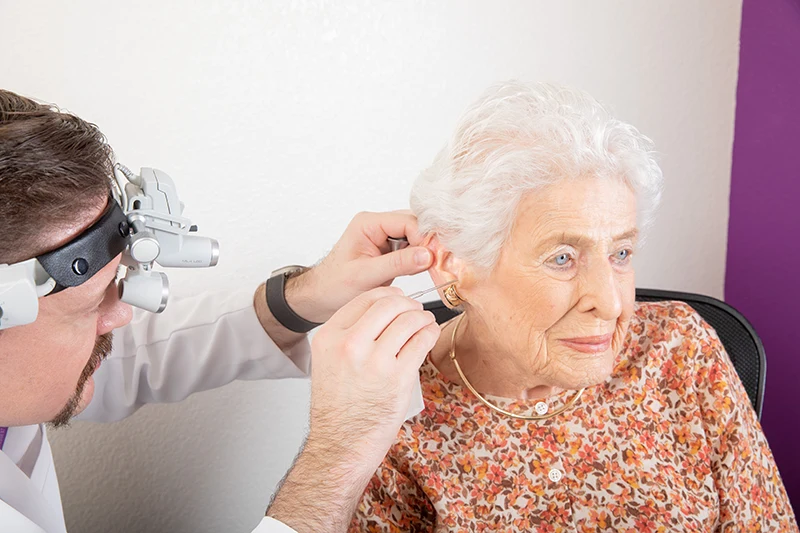Ear-related balance disorders affect many people and can interrupt daily activities. These conditions can cause dizziness, vertigo, and difficulty standing or walking, and often stem from problems in the inner ear. In some cases, a nasal breathing disorder may also contribute to or exacerbate balance issues by affecting pressure and airflow in connected structures. ENT specialists diagnose and treat these conditions using targeted and effective methods.
People with balance disorders may feel lightheaded, unsteady, or like the room is spinning. These symptoms can appear suddenly or grow worse over time. Without treatment, they may increase the risk of falls or injury. ENT specialists work to find the cause and create a treatment plan.
The Inner Ear and Its Link to Balance
The inner ear plays a key role in helping the body stay balanced. It contains structures that detect motion and send signals to the brain. These signals help the body stay upright and move safely. When the system fails, people may feel off-balance or disoriented.
Common causes of inner ear problems include fluid buildup, infections, or growths like benign tumors. These conditions affect how the ear sends signals to the brain. This can lead to confusion between what the body feels and what the brain expects. ENT specialists treat these conditions through medication, therapy, or surgery.
How ENT Specialists Diagnose and Treat Disorders
ENT specialists begin with a detailed evaluation of the patient’s symptoms, including assessing for any nasal breathing disorder that might impact ear and balance function. They use hearing tests, balance exams, and imaging tools to look for problems. These diagnostic tools help them understand how the ear, brain, and body work together to maintain balance and hearing.
Treatment depends on the underlying cause of the disorder. Infections may require antibiotics or steroids to reduce inflammation. If a structural issue, such as a growth or deformity, is identified, surgery may be necessary to correct it. In cases where no clear structural problem exists, vestibular rehabilitation therapy can help retrain the brain to adjust and restore balance.
Nasal Breathing Disorder and Their Effect on Balance
Breathing problems can impact your daytime well-being by reducing airflow through blocked nasal passages. Lower oxygen levels from nasal blockages may cause headaches, fatigue, and dizziness. These symptoms often worsen balance difficulties, making daily activities more challenging.
ENT specialists manage chronic nasal issues using procedures like septoplasty to correct a crooked septum. They also reduce swollen tissues to improve airway openness. These treatments help patients breathe more easily, feel more alert, and maintain better stability throughout the day.
Schedule a Consultation with an ENT Specialist Today
If you often feel dizzy or lose your balance, you should see a specialist right away. Ignoring ongoing symptoms can lead to serious problems over time. Even mild balance issues increase the risk of falls and injuries. Early treatment helps prevent these problems from worsening.
ENT specialists focus on treating balance problems caused by ear or nasal issues. They help patients regain control of their daily activities and improve their quality of life. If you experience frequent dizziness or ear pressure, don’t hesitate to get professional help. Your safety and comfort depend on moving with confidence every day.

